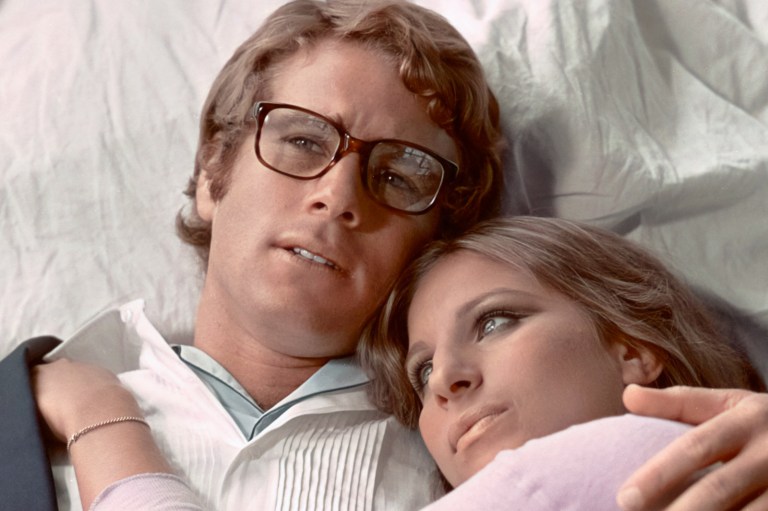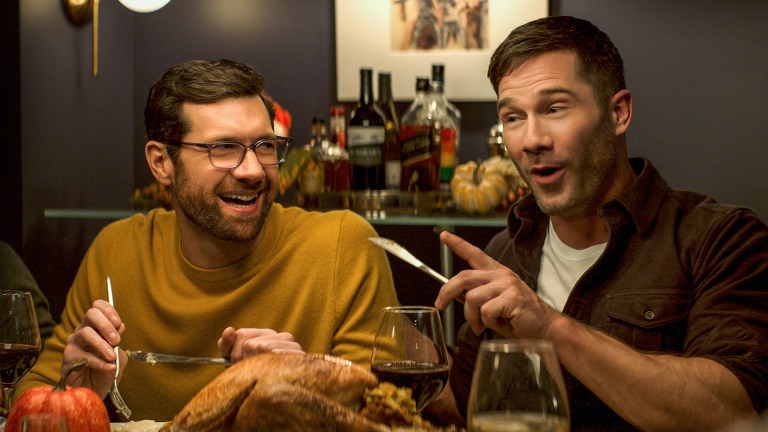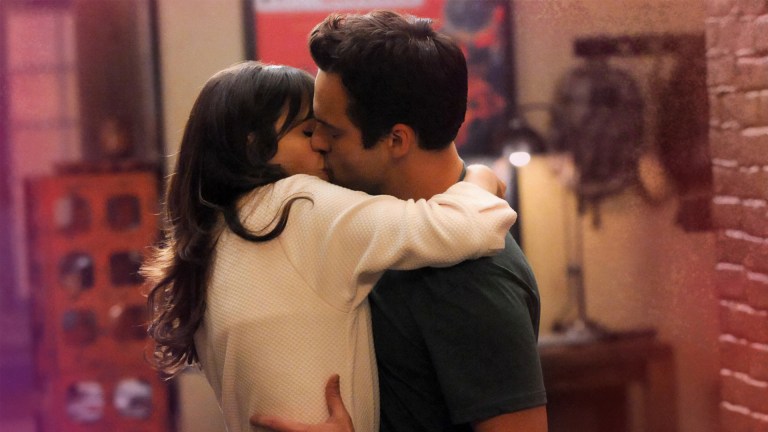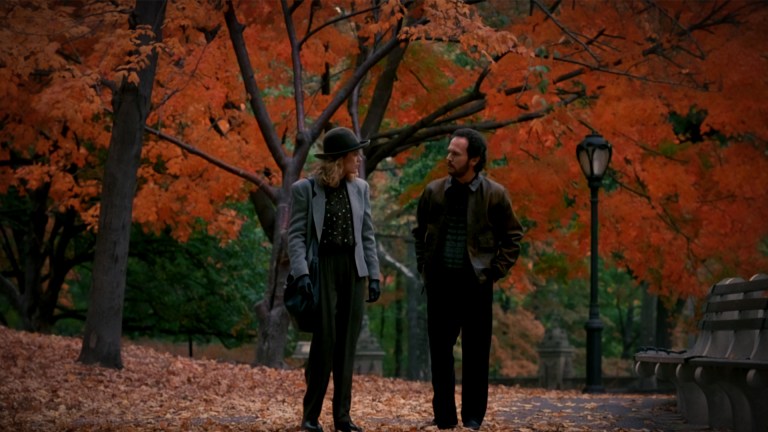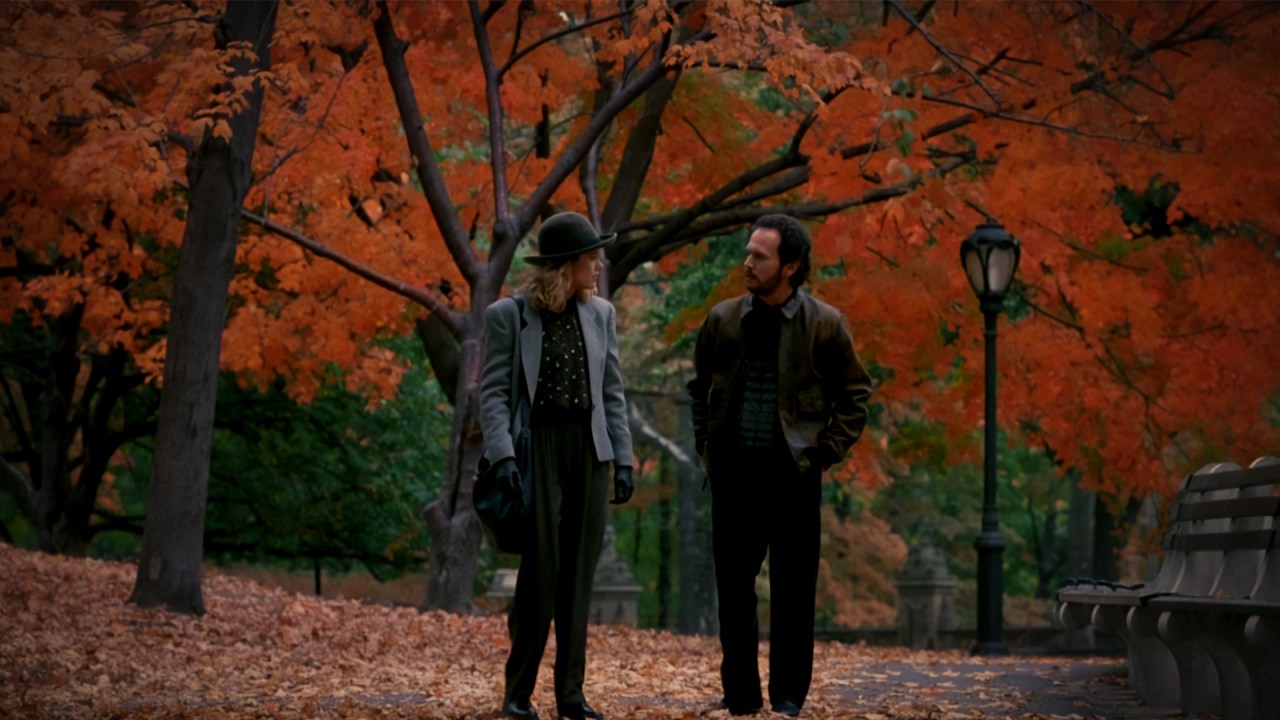
5 TV Shows That Prove ‘When Harry Met Sally’ Had It All Wrong
In 1989, director Rob Reiner and screenwriter Nora Ephron provided the world with one of the most debated questions: “Can [heterosexual] men and women just be friends?”
36 years later in 2025, television shows and films are still trying to answer that question. In When Harry Met Sally, Billy Crystal’s Harry suggests, upon meeting Meg Ryan’s Sally, that a truly platonic friendship between a single man and a single woman is impossible. He argues that sex is always involved because one person has definitely thought about it with the other, therefore it’s always present. In his words, “The friendship is ultimately doomed.”
While Sally disagrees, their relationship throughout the film ebbs and flows as they date different people and cross paths repeatedly in New York City. (Spoiler incoming!) They answer the film’s hypothesis, ultimately proving Harry right by getting married at the end of the film. However, Reiner and Ephron originally wanted Harry and Sally to remain platonic friends. They felt this was more realistic since the characters’ friendship was loosely based on their real-life friendship, but the romanticism of Hollywood forced them to go against their personal beliefs. Thus, according to the ultimate rom-com, men and women can’t be “just friends.” But several television shows have tried (and sometimes failed) to prove Harry and Sally wrong.
Platonic (2023–Present)

One such show is Apple TV+’s Platonic, which is, in many ways, a modern day twist on When Harry Met Sally. Sylvia (Rose Byrne) and Will (Seth Rogan) reconnect after Will’s divorce to rekindle their friendship; it proves that men and women can choose to be just friends, but that doesn’t mean it won’t be messy. Sylvia and Will’s blossoming friendship affects their relationships and leaves others questioning if their friendship is truly “platonic,” so although it suggests that men and women can be “just friends,” it also feeds into the same societal ideology that forced Harry and Sally to get married at the end of the film. Platonic could go in the same direction, but for now, it supports the more realistic scenario that men and women are often friends. But how close can platonic friends get before they enter the danger territory?
Ted Lasso (2020–2023)
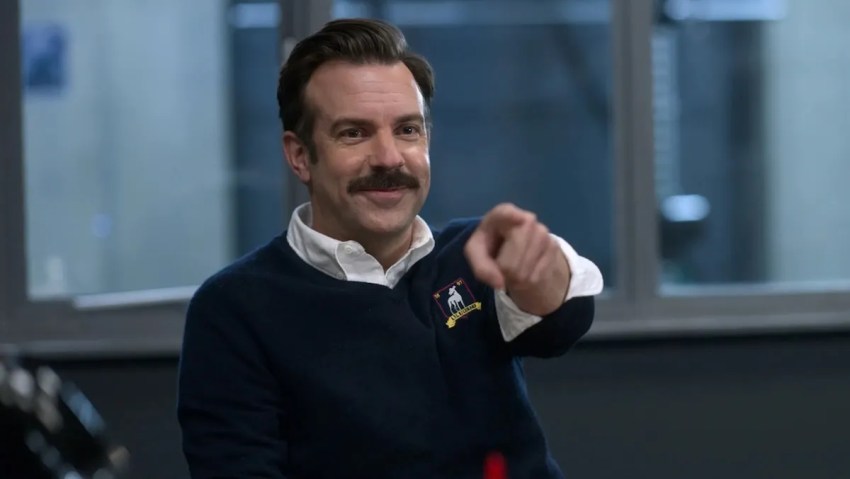
Another Apple TV+ favorite is Ted Lasso, which follows American football coach Ted (Jason Sudeikis) as he learns to coach English football (aka soccer) for AFC Richmond. Throughout the show’s three seasons, Ted’s friendship with Rebecca (Hannah Waddingham), the team’s owner, grows. Although there are fakeouts in which we suspect he and Rebecca could become more than friends, the show settles on the idea that their platonic friendship is more powerful, more relatable, and more complex than another basic rom-com ending. Ted and Rebecca’s friendship is goals-worthy and intimate without being sexual or romantic. Score!
Parks and Rec (2009–2015)
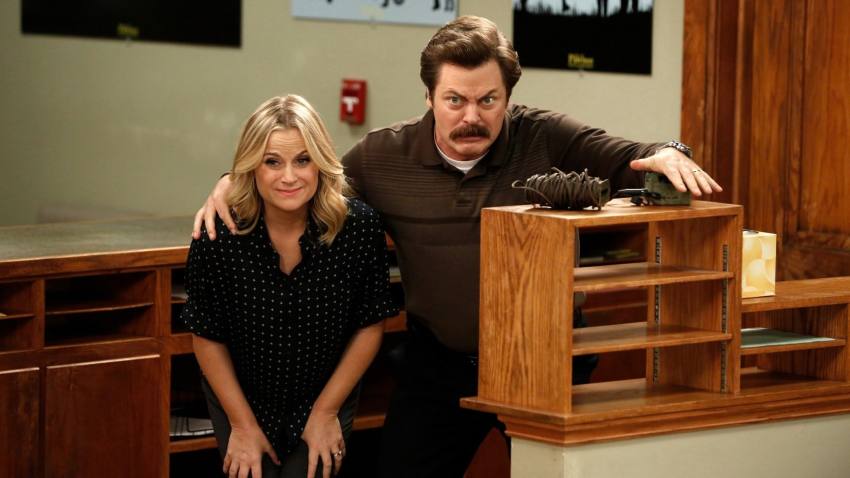
Although there are quite a few romances that bud out of Parks and Rec, the relationships at the heart of the show are largely platonic. Amy Poehler’s Leslie Knope is the glue that holds the Parks Department of Pawnee together, and she’s the type of girl who always puts her friends first, even after she falls in love with Ben Wyatt (Adam Scott). Her friendship with her boss, Ron Swanson (Nick Offerman), is the central cog that keeps the Parks Department entertaining enough to create a sitcom. Their push and pull between Leslie’s passion and Ron’s apathy, but their shared care and respect for one another, is the driving platonic force behind Parks and Rec. On the other hand, the show as a whole still feeds into Harry and Sally’s narrative: Leslie and Ben’s relationship, as well as April and Andy’s relationship, forms out of their work-based friendships.
Alone Together (2018–2019)

A lesser known show but a definite must-see for anyone who likes proving Nora Ephron wrong, Alone Together follows a platonic friendship between Esther Povitsky and Benji Aflalo, whose characters are based loosely on their real life personas. Esther and Benji navigate their love lives and desire to fit in in Los Angeles, while supporting one another completely platonically. It proves that young men and women can be just friends, and that these types of friendships can be just as interesting, complex, and intimate as romantic relationships.
Seinfeld (1989–1998)
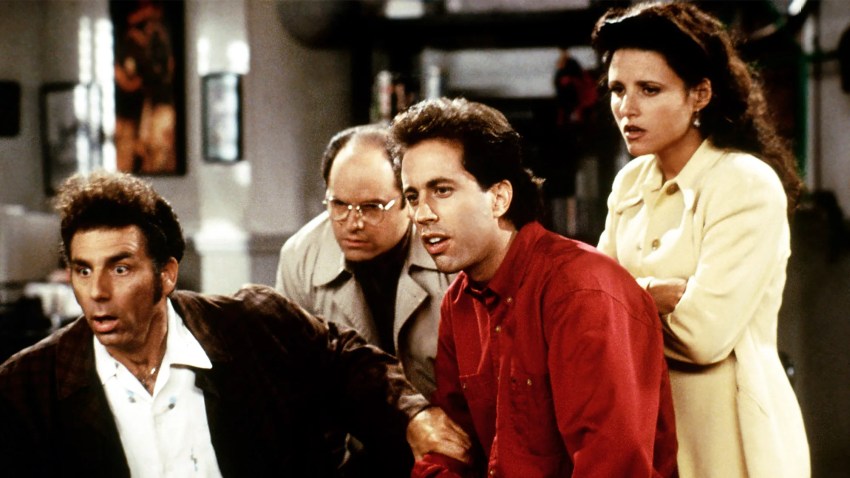
As a lover of rom-coms and sitcoms, I was racking my brain for a solid fifth example. Friends? No, Joey and Phoebe’s friendship may epitomize platonic soulmates, but the show itself has not one, but two, friend-to-lover relationships. Brooklyn Nine-Nine? Jake’s friendships with Rosa and Gina are solidly platonic, but his romance with Amy is at the center of the show. Cheers? Definitely not — Sam and Diane were the original Ross and Rachel. But Seinfeld actually does prove Harry and Sally wrong.
Many Seinfeld fans might disagree, considering Jerry (Jerry Seinfeld) and Elaine (Julia Louis-Dreyfus) begin the show as exes. In fact, there’s even an episode in which they become friends with benefits. But Harry’s theory is that men and women can’t be friends because sex ultimately dooms the friendship. And in Seinfeld, Jerry and Elaine always put their friendship first, despite their romantic and sexual history. Watching the classic sitcom, it’s easy to forget that Jerry and Elaine were every romantically entangled, proving that men and women can be just friends, even if sex or romance were once present. The duo helps each other with their love lives and supports each other through their New York City adventures. All that matters is mutual respect and the dedication to move forward as friends by leaving any jealousy and romantic feelings behind.
And with more examples of queer relationships and friendships on television alongside more complex friendships, Nora Ephron and Rob Reiner’s initial vision of a truly platonic friendship in movies and television is finally proving their masterpiece wrong.
